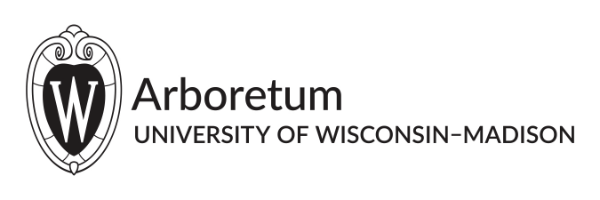Ask
the Whooping Crane Expert
How to Prepare Your Questions
(Back to Ask
the Crane Expert)
| Time |
Students generate questions about the migrations or other investigations they're following, identify those they can answer themselves, and select several to submit to Journey North scientists and specialists.
Background
Journey North studies always spark students' curiosity and questions.
Each spring, your class is invited to pose questions to an expert who
works with each of the Journey North studies. These scientists and other
specialists volunteer their time to share firsthand knowledge about the
animals or plants they know so well. This
lesson will prepare your students to submit questions.
Laying
the Groundwork
Explain to students that during the spring season, they'll have a chance
to ask a few questions of Journey North scientists and other experts.
Ask, How do you think we should decide which questions to ask? Accept
student responses and use them as a springboard for the ongoing activity.
Exploration
1.
As your students engage with Journey North News Updates, make local observations
of robins and seasonal changes, build a KWL
chart, conduct lessons such as Life-Cycle
Sleuth, and so on, they will naturally generate a host of questions.
Routinely ask them — and encourage them to ask themselves —
these types of questions:
- What do I already know about this topic? What do I want to know?
- How could I go about finding answers? (For instance, they might conduct their own observations or experiments, review collected data, or consult books or Internet resources.)
- Which questions can I ask a specialist because I can't easily answer them another way?
3. Invite students to try and answer some their questions about their species or study by reviewing Journey North News reports, reading outside resources, and conducting their own observations and experiments. As they do so, they will pare down the list of unanswered questions.
3. Finally, have students review the list of questions they think can best be answered by Journey North scientists and specialists.
4. Next, have them "meet" the expert via a link from the Ask the Expert page. Discuss the significance of being able to work with some of the leading experts on these migratory species. Remind students that this is a rare chance to obtain firsthand information that may not be available anywhere else. The research of many of these scientists is so current it's probably not even published yet!
5. Narrow your class list down to three unique questions per class. You might do this by voting, choosing questions that could lead you to further research, or selecting questions that many students asked. Students should refine the questions for clarity and grammar before submitting them.
Making Connections — Discussion and Journaling Questions
What did you learn from the expert's biography about how he or she goes about answering questions? What did you learn about being a scientist?
Did any information shared by an expert conflict with information you have seen in a book or other resource? If so, why do you think this might happen? What new questions do you have? What questions would you ask the book author if you had a chance?
How do the experts' lives compare with your expectations? What, if anything, surprised you?
What were the most surprising things you learned from the questions other students asked each expert? What new questions do you have?
National Science Education Standards
Science investigations involve asking and answering a question and comparing that to what scientists already know about the world. (K-4)
Women and men of all ages, backgrounds, and groups engage in a variety of scientific and technological work. (K-4)
Many people choose science as a career and devote their entire lives to studying it. Many people derive great pleasure from doing science. (K-4)



